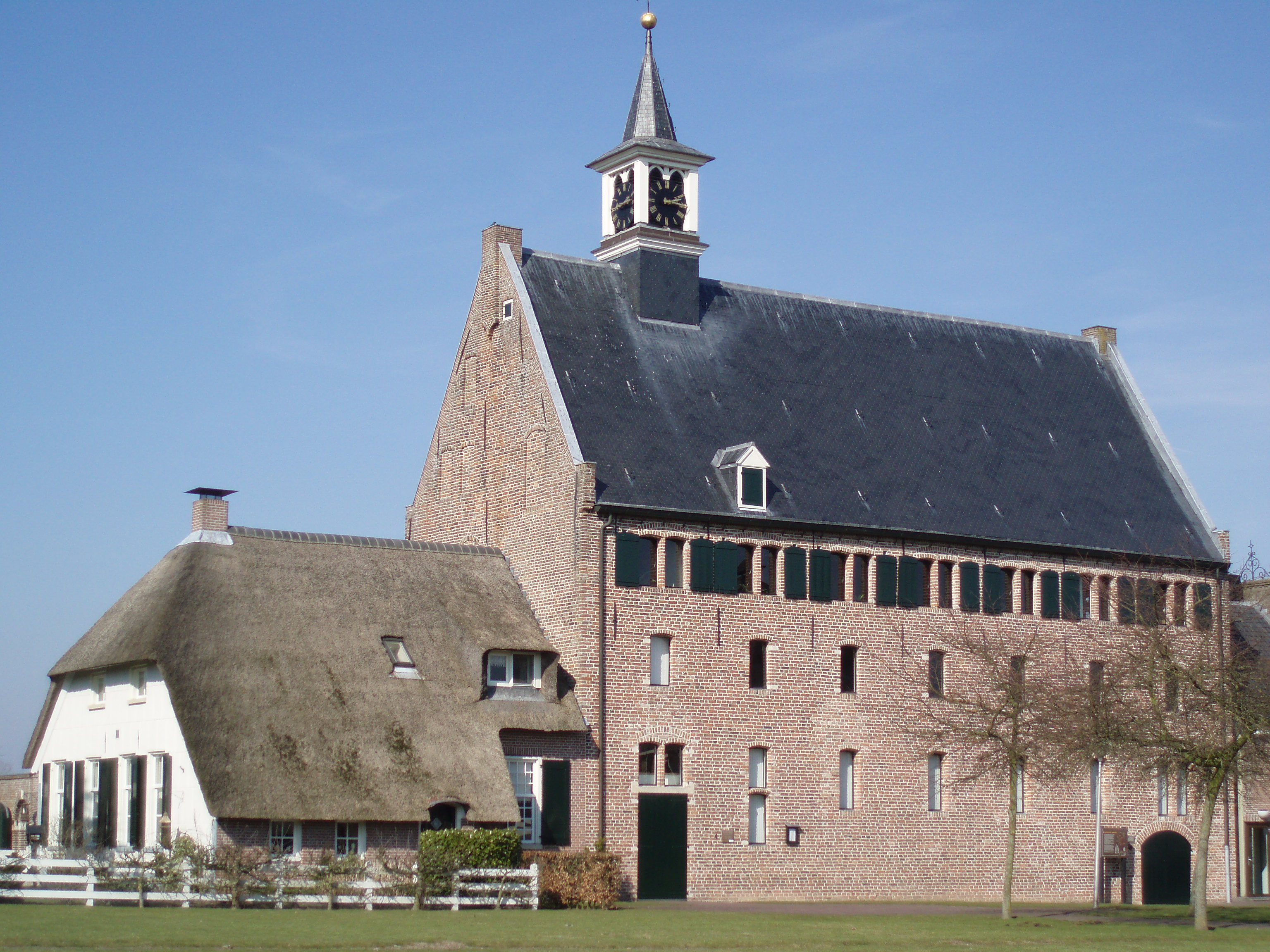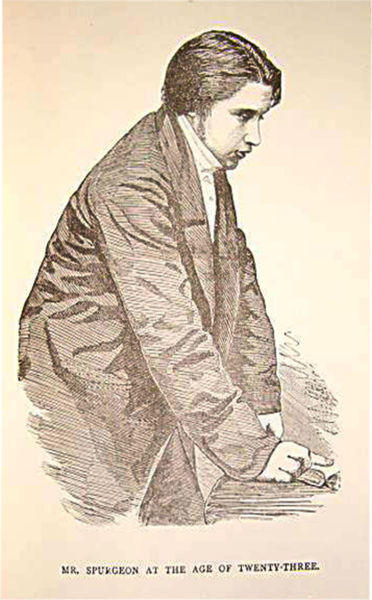|
What Would Jesus Do
The phrase "What would Jesus do?", often abbreviated to WWJD, became popular particularly in the United States in the early 1900s after the widely read book by Charles Sheldon entitled, '' In His Steps: What Would Jesus Do''. The phrase had a resurgence in the US and elsewhere in the 1990s and as a personal motto for adherents of Christianity who used the phrase as a reminder of their belief in a moral imperative to act in a manner that would demonstrate the love of Jesus through the actions of the adherents. In popular consciousness, the acronym signifying the question—WWJD—is associated with a type of bracelet or wristband which became a popular accessory for members of Christian youth groups, both Catholic and Protestant, in the 1990s. History Theological background The Roman Catholic Church emphasizes the concept of ''Imitatio Christi'' (imitation of Christ), which is summarized well in the English phrase "What Would Jesus Do?" John Wesley, the founder of the Methodis ... [...More Info...] [...Related Items...] OR: [Wikipedia] [Google] [Baidu] |
Sanctification
Sanctification (or in its verb form, sanctify) literally means "to set apart for special use or purpose", that is, to make holy or sacred (compare la, sanctus). Therefore, sanctification refers to the state or process of being set apart, i.e. "made holy", as a vessel, full of the Holy Spirit of God. The concept of sanctification is widespread among religions, including Judaism and especially Christianity. The term can be used to refer to objects which are set apart for special purposes, but the most common use within Christian theology is in reference to the change brought about by God in a believer, begun at the point of salvation and continuing throughout the life of the believer. Many forms of Christianity believe that this process will only be completed in Heaven, but some believe that complete holiness is possible in this life. Judaism In rabbinic Judaism sanctification means sanctifying God's name by works of mercy and martyrdom, while desecration of God's name means ... [...More Info...] [...Related Items...] OR: [Wikipedia] [Google] [Baidu] |
Topeka, Kansas
Topeka ( ; Kansa language, Kansa: ; iow, Dópikˀe, script=Latn or ) is the Capital (political), capital city of the U.S. state of Kansas and the County seat, seat of Shawnee County, Kansas, Shawnee County. It is along the Kansas River in the central part of Shawnee County, in northeast Kansas, in the Central United States. As of the 2020 United States census, 2020 census, the population of the city was 126,587. The Topeka Topeka, Kansas metropolitan area, metropolitan statistical area, which includes Shawnee, Jackson County, Kansas, Jackson, Jefferson County, Kansas, Jefferson, Osage County, Kansas, Osage, and Wabaunsee County, Kansas, Wabaunsee Counties, had a population of 233,870 in the 2010 United States Census, 2010 census. The name "Topeka" is a Kansa-Osage word that means "place where we dig potatoes", or "a good place to dig potatoes". As a placename, Topeka was first recorded in 1826 as the Kansa name for what is now called the Kansas River. Topeka's founders chose ... [...More Info...] [...Related Items...] OR: [Wikipedia] [Google] [Baidu] |
Congregational Church
Congregational churches (also Congregationalist churches or Congregationalism) are Protestant churches in the Calvinist tradition practising congregationalist church governance, in which each congregation independently and autonomously runs its own affairs. Congregationalism, as defined by the Pew Research Center, is estimated to represent 0.5 percent of the worldwide Protestant population; though their organizational customs and other ideas influenced significant parts of Protestantism, as well as other Christian congregations. The report defines it very narrowly, encompassing mainly denominations in the United States and the United Kingdom, which can trace their history back to nonconforming Protestants, Puritans, Separatists, Independents, English religious groups coming out of the English Civil War, and other English Dissenters not satisfied with the degree to which the Church of England had been reformed. Congregationalist tradition has a presence in the United States ... [...More Info...] [...Related Items...] OR: [Wikipedia] [Google] [Baidu] |
In His Steps
''In His Steps'' is a best-selling religious fiction novel written by Charles Monroe Sheldon. First published in 1896, the book has sold more than 50,000,000 copies, and ranks as one of the best-selling books of all time. The full title of the book is ''In His Steps: What Would Jesus Do?'' Though variations of the subtitle "What would Jesus do" have been used by Christians for centuries as a form of '' imitatio dei'', the imitation of God, it gained much greater currency following publication of the book. Chicago Advance, the original publisher, failed to register the copyright in the proper form. Other publishers took advantage of this, publishing the book without paying the author royalties. Thus lower prices and multiple publishers led to larger sales. History In 1896, for his Sunday night services, Sheldon thought he would write a story, which would continue one chapter a week, about various persons who applied "What would Jesus do?" to their lives. Sheldon was soon pre ... [...More Info...] [...Related Items...] OR: [Wikipedia] [Google] [Baidu] |
Christian And Missionary Alliance
The Alliance World Fellowship is the international governing body of the Christian and Missionary Alliance (The Alliance, also C&MA and CMA). The Alliance is an evangelical Protestant denomination within the Higher Life movement of Christianity, teaching a modified form of Keswickian theology. The headquarters is in São Paulo, Brazil. History The Alliance has its origins in two organizations founded by Albert Benjamin Simpson in 1887 in Old Orchard Beach, Maine, in the United States, The Christian Alliance, which concentrated on domestic missions, and The Evangelical Missionary Alliance, which focused on overseas missions. These two organizations merged in 1897 to form the Christian and Missionary Alliance.Randall Herbert Balmer, ''Encyclopedia of Evangelicalism: Revised and expanded edition'', Baylor University Press, USA, 2004, p. 156 The ''Missionary Training Institute'' (now Alliance Theological Seminary), founded in 1882 by Simpson in Nyack, near New York, contributed ... [...More Info...] [...Related Items...] OR: [Wikipedia] [Google] [Baidu] |
The Imitation Of Christ
''The Imitation of Christ'', by Thomas à Kempis, is a Christian devotional book first composed in Medieval Latin as ''De Imitatione Christi'' ( 1418–1427).''An introductory Dictionary of Theology and Religious studies'', by Orlando O. Espín, James B. Nickoloff 2007 p. 609. The devotional text is divided into four books of detailed spiritual instructions: (i) "Helpful Counsels of the Spiritual Life", (ii) "Directives for the Interior Life", (iii) "On Interior Consolation", and (iv) "On the Blessed Sacrament". The devotional approach of ''The Imitation of Christ'' emphasises the interior life and withdrawal from the mundanities of the world, as opposed to the active imitation of Christ practised by other friars. The devotions of the books emphasise devotion to the Eucharist as the key element of spiritual life. ''The Imitation of Christ'' is a handbook for the spiritual life arising from the Devotio Moderna movement, which Thomas followed. The ''Imitation'' is perhaps the m ... [...More Info...] [...Related Items...] OR: [Wikipedia] [Google] [Baidu] |
Thomas à Kempis
Thomas à Kempis (c. 1380 – 25 July 1471; german: Thomas von Kempen; nl, Thomas van Kempen) was a German-Dutch canon regular of the late medieval period and the author of ''The Imitation of Christ'', published anonymously in Latin in the Netherlands c. 1418–1427, one of the most popular and best known Christian devotional books. His name means "Thomas of Kempen", Kempen being his home town. He was a member of the Modern Devotion, a spiritual movement during the late medieval period, and a follower of Geert Groote and Florens Radewyns, the founders of the Brethren of the Common Life. Life Thomas was born in Kempen in the Rhineland. His surname at birth was Hemerken (or Hammerlein), meaning the family's profession, "little hammer," Latinized into "Malleolus." His father, Johann, was a blacksmith and his mother, Gertrud, was a schoolmistress. Although almost universally known in English as Thomas à Kempis, the "a" represents the Latin "from" and is erroneously accented. ... [...More Info...] [...Related Items...] OR: [Wikipedia] [Google] [Baidu] |
Baptist
Baptists form a major branch of Protestantism distinguished by baptizing professing Christian believers only (believer's baptism), and doing so by complete immersion. Baptist churches also generally subscribe to the doctrines of soul competency (the responsibility and accountability of every person before God), ''sola fide'' (salvation by just faith alone), ''sola scriptura'' (scripture alone as the rule of faith and practice) and congregationalist church government. Baptists generally recognize two ordinances: baptism and communion. Diverse from their beginning, those identifying as Baptists today differ widely from one another in what they believe, how they worship, their attitudes toward other Christians, and their understanding of what is important in Christian discipleship. For example, Baptist theology may include Arminian or Calvinist beliefs with various sub-groups holding different or competing positions, while others allow for diversity in this matter within the ... [...More Info...] [...Related Items...] OR: [Wikipedia] [Google] [Baidu] |
Charles Spurgeon
Charles Haddon Spurgeon (19 June 1834 – 31 January 1892) was an English Particular Baptist preacher. Spurgeon remains highly influential among Christians of various denominations, among whom he is known as the "Prince of Preachers". He was a strong figure in the Reformed Baptist tradition, defending the 1689 London Baptist Confession of Faith, and opposing the liberal and pragmatic theological tendencies in the Church of his day. Spurgeon was pastor of the congregation of the New Park Street Chapel (later the Metropolitan Tabernacle) in London for 38 years. He was part of several controversies with the Baptist Union of Great Britain and later he left the denomination over doctrinal convictions. While at the Metropolitan Tabernacle he built an Almshouse, the Stockwell Orphanage and encouraged his congregation to engage actively with the poor of Victorian London. He also founded Spurgeon's College, which was named after him posthumously. Spurgeon authored sermons, an auto ... [...More Info...] [...Related Items...] OR: [Wikipedia] [Google] [Baidu] |
Salvation (Christianity)
In Christianity, salvation (also called deliverance or redemption) is the "saving fhuman beings from sin and its consequences, which include death and separation from God" by Christ's death and resurrection, and the justification following this salvation. While the idea of Jesus' death as an atonement for human sin was recorded in the Christian Bible, and was elaborated in Paul's epistles and in the Gospels, Paul saw the faithful redeemed by participation in Jesus' death and rising. Early Christians regarded themselves as partaking in a new covenant with God, open to both Jews and Gentiles, through the sacrificial death and subsequent exaltation of Jesus Christ. Early Christian notions of the person and sacrificial role of Jesus in human salvation were further elaborated by the Church Fathers, medieval writers and modern scholars in various atonement theories, such as the ransom theory, Christus Victor theory, recapitulation theory, satisfaction theory, penal substitut ... [...More Info...] [...Related Items...] OR: [Wikipedia] [Google] [Baidu] |
State (theology)
Christian mysticism is the tradition of mystical practices and mystical theology within Christianity which "concerns the preparation f the personfor, the consciousness of, and the effect of ..a direct and transformative presence of God" or Divine ''love''. Until the sixth century the practice of what is now called mysticism was referred to by the term ''contemplatio'', c.q. ''theoria'', from '' contemplatio'' (Latin; Ancient Greek, Greek :wikt:θεωρία, θεωρία, ''theoria''), "looking at", "gazing at", "being aware of" God or the Divine.William Johnson, ''The Inner Eye of Love: Mysticism and Religion'' (HarperCollins 1997 ), p. 24 Christianity took up the use of ... [...More Info...] [...Related Items...] OR: [Wikipedia] [Google] [Baidu] |







